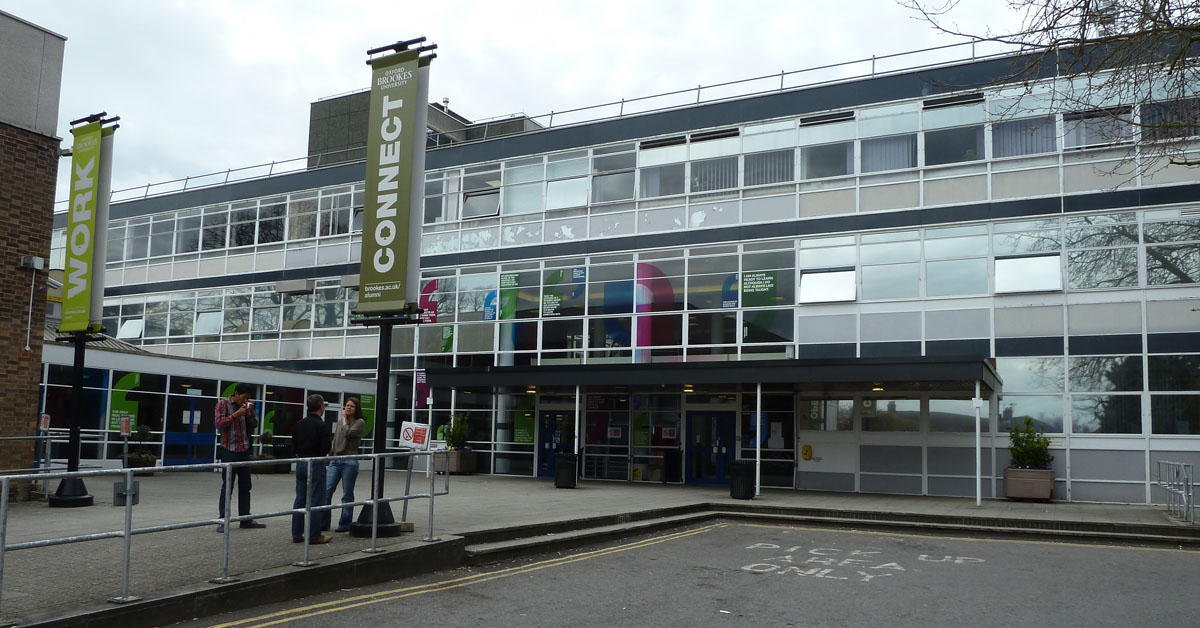
Want five grand to spend in Apple? Just take the dyslexia test
Free handouts worth thousands of pounds are unfair and of little benefit to students with dyslexia
Is the word dyslexia thrown around too freely?
According to recent statistics, one in five students suffers from dyslexia, a ridiculously high figure that has led a Durham professor to brand the term a “meaningless label sought out by middle-class parents who fear their children being branded stupid or lazy.”
Should dyslexia be a passport to the Apple Store?
Dyslexic students are currently entitled to an allowance of up to £5,212 for specialist equipment such as laptops, microphones, printers and iPads. This does not include the free wifi and printing that they are all offered.
At £1737 per year for a three year course, this money could buy an Apple MacBook and two iPads a year with money left over. My question is this: Why is so much free equipment given to students with a disability whose vague definition makes it “impossible to separate children suffering from dyslexia from others who are simply poor readers”?
What Oxford Brookes uni promises to its students
Firstly, many of the students sent free laptops undergo are already from privileged backgrounds and make a tidy profit selling their handouts for some extra cash. Fair enough, I would probably do the same if I were in their position. However the fact that so many are being given thousands of pounds worth of free equipment unnecessarily clearly means the system is flawed.
Why is this money being spent on creating Apple showrooms in students’ rooms rather than extra tuition and help? Surely personal guidance and advice to bolster the paltry 8 hours of lectures a week (at a cost of £9000 per year) would be not only more beneficial to the student but also create a far fairer system.
Needed or necessary?
Having paid £10 in printing credits to print off my last essay, the cherry on top of a fun filled week in the depths of the library, I can’t deny the bitterness when receiving Snapchats of brand new printers and a lifetime’s supply of free ink. How do these things even help someone who has trouble reading and suffers the odd lapse in concentration?
I understand that dyslexia is a problem for many and whole-heartedly agree that help and support should be readily available but I fail to see how free candy crush machines provide this. Maybe I’ll just book a dyslexia test and conveniently forget to spell for an hour. My laptop is getting pretty old.
This article was originally published on The Tab Brookes.








































